The Magic of Marinades: How to Enhance Flavor
Welcome to the fascinating world of marinades! A marinade is a flavorful liquid solution used to soak, steep, or bathe food before cooking. It's a culinary tool that can transform the taste, texture, and presentation of your dishes, adding depth and complexity to your cooking. In this article, we'll explore the magic of marinades, how they work, and how you can use them to enhance the flavor of your meals.
Understanding Marinades
Marinades are typically made from a combination of acids, oils, and flavorings. Acids, such as vinegar, citrus juice, wine, or yogurt, help to tenderize the food and break down its proteins, while oils and fats keep the food moist and provide a medium for the flavorings to adhere to the food. Flavorings can include herbs, spices, garlic, onions, and other aromatic ingredients that infuse the food with their taste.
The Science of Marination
The process of marination involves several chemical reactions that occur between the food and the marinade. The acids in the marinade break down the muscle fibers in meat, poultry, and fish, making them more tender and easier to chew. The sugars and salts in the marinade also contribute to this tenderizing effect. Meanwhile, the flavorings in the marinade penetrate the food, infusing it with their taste and aroma.
Types of Marinades
There are several types of marinades, each with its unique properties and uses:
- Wet Marinades: These are made primarily of liquids and are ideal for tenderizing and flavoring meat, poultry, and fish.
- Dry Marinades: Also known as spice rubs, these are made from a mixture of dry spices and seasonings. They are used to add flavor and create a crust on the surface of the food.
- Vacuum Marinades: These are marinades that are applied in a vacuum-sealed bag, which helps to speed up the marination process and ensures even distribution of the flavors.
How to Marinate Food
Marinating food is a simple process, but there are some best practices to follow:
- Prepare the marinade by combining your chosen ingredients in a bowl.
- Place the food in a non-reactive container or a resealable plastic bag.
- Pour the marinade over the food, ensuring that it is evenly coated.
- Seal the container or bag and refrigerate it for the recommended amount of time. Different types of food require different marination times, so be sure to follow the guidelines for your specific recipe.
- Turn the food occasionally to ensure that it is evenly coated with the marinade.
- When you're ready to cook, remove the food from the marinade and discard the used marinade. Never reuse a marinade on cooked food, as it can introduce harmful bacteria.
Marinating Tips and Tricks
Here are some tips to help you get the most out of your marination experience:
- Choose the Right Marinade: Select a marinade that complements the flavor profile of the food you're marinating.
- Use Fresh Ingredients: Fresh herbs, garlic, and other aromatic ingredients will provide a more vibrant and intense flavor than dried or stale ingredients.
- Marinate in the Fridge: Always marinate food in the refrigerator to prevent the growth of harmful bacteria.
- Don't Over-Marinate: Over-marination can lead to the food becoming mushy or overly salty. Follow the recommended marination times for the best results.
- Pat Dry Before Cooking: After marinating, pat the food dry with paper towels before cooking. This will help to create a better sear or crust on the surface of the food.
Conclusion
Marinades are a versatile and powerful tool in the kitchen. By understanding how they work and following some simple guidelines, you can use marinades to enhance the flavor, texture, and overall appeal of your dishes. So, the next time you're planning a meal, consider reaching for a marinade to add a little magic to your cooking.
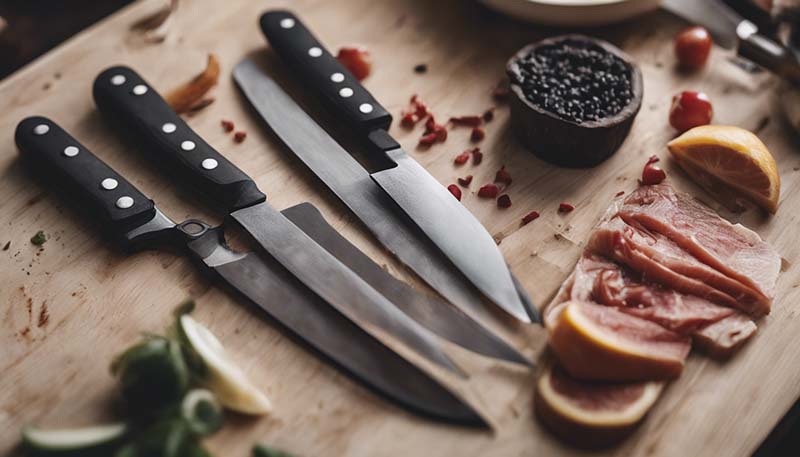

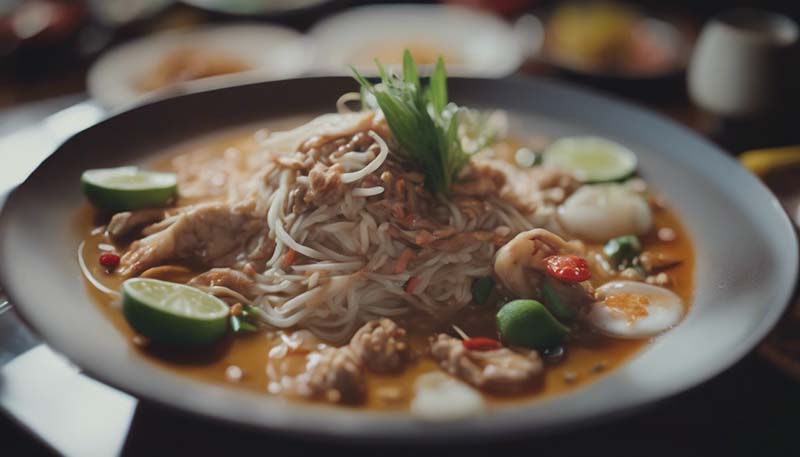


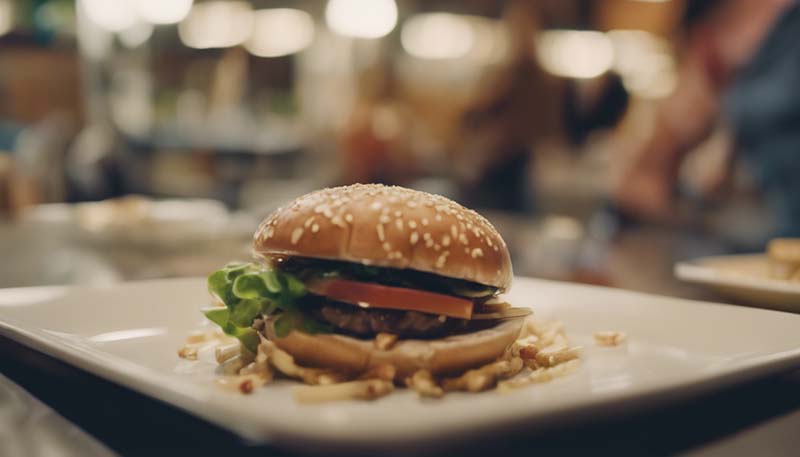
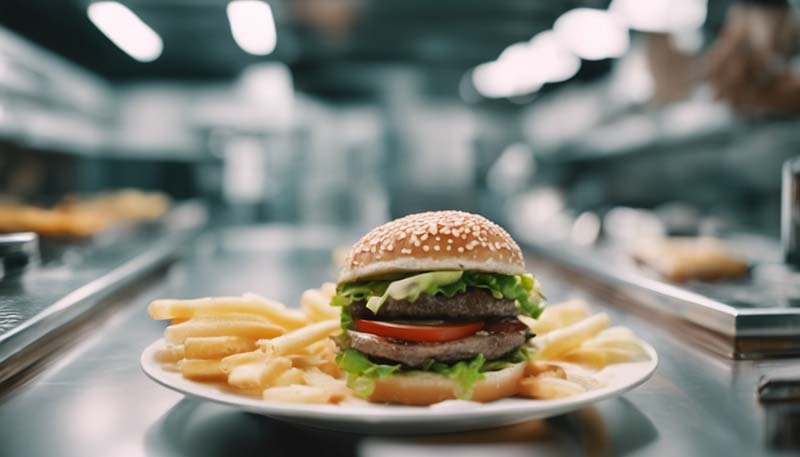
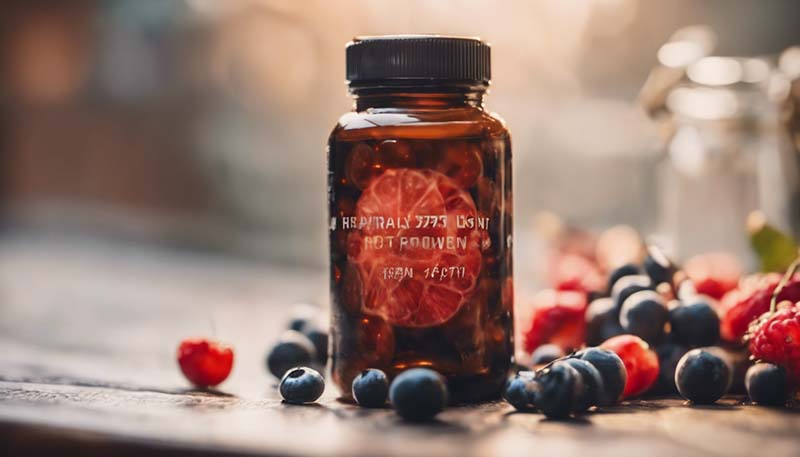
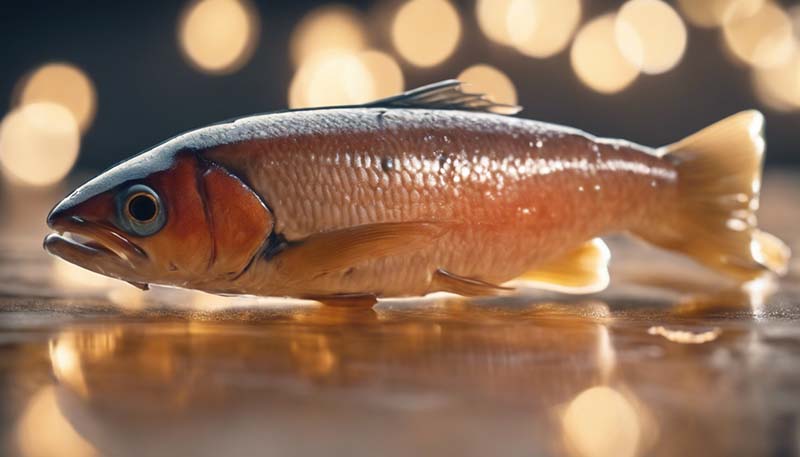

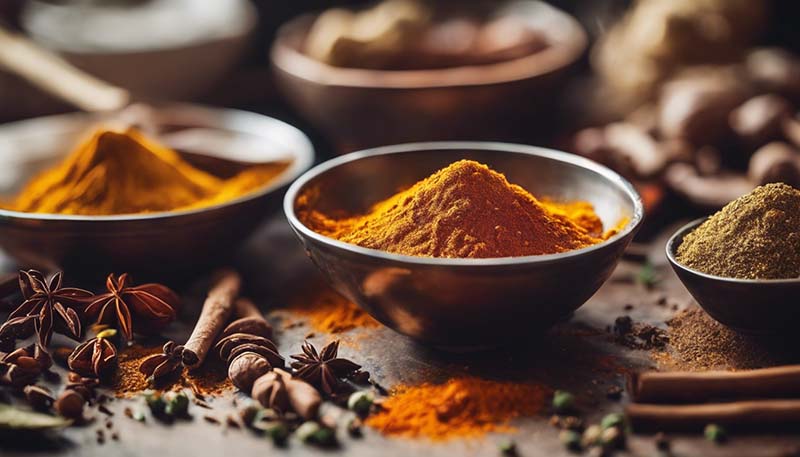
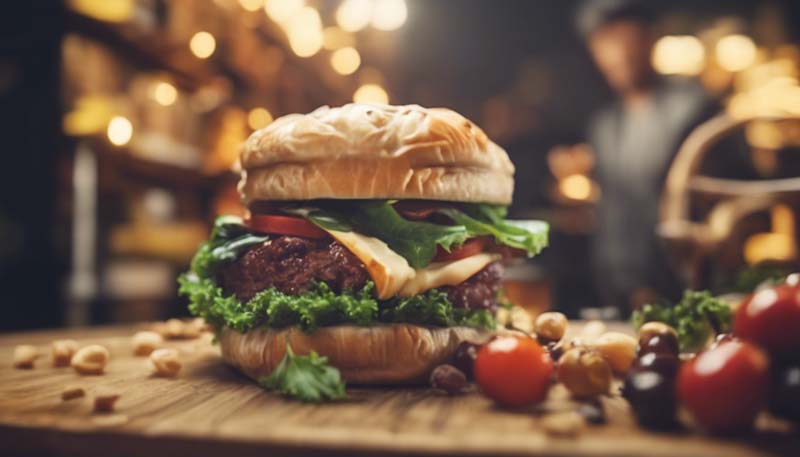
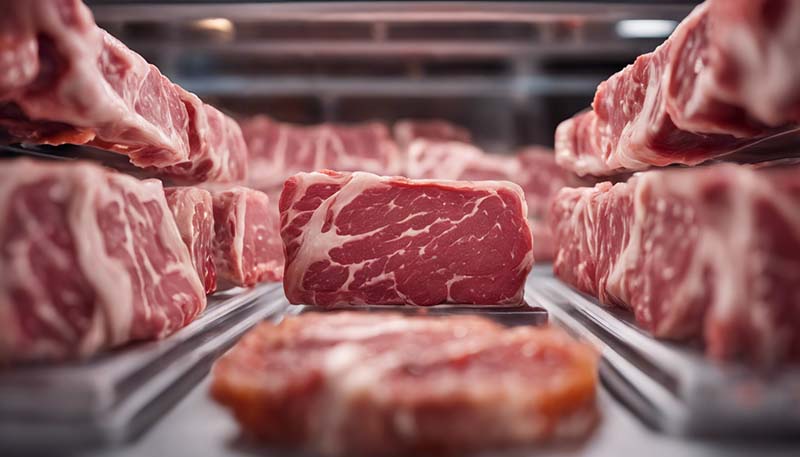
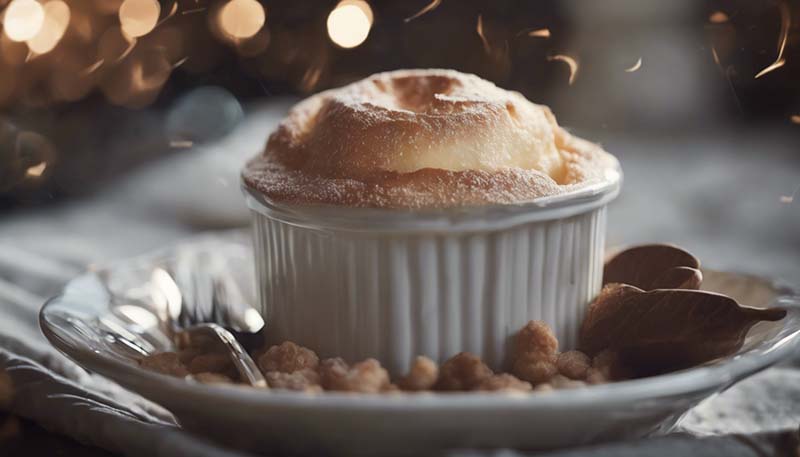
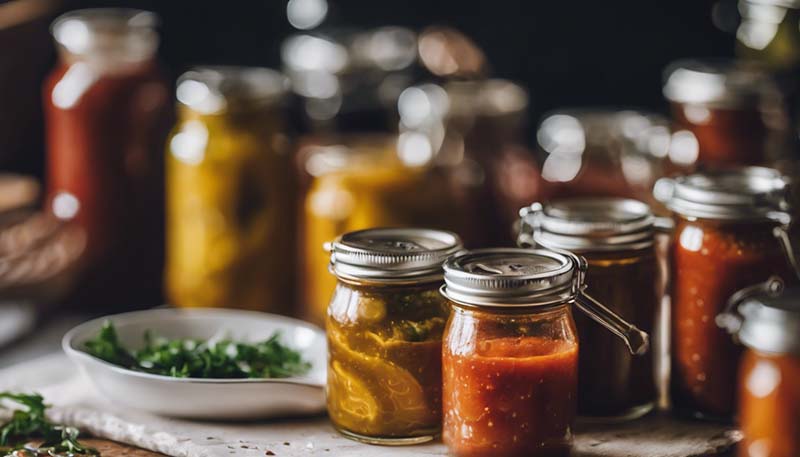

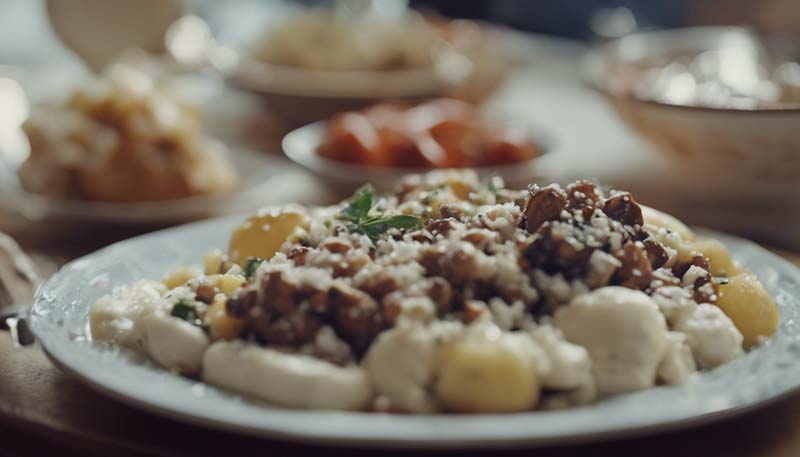
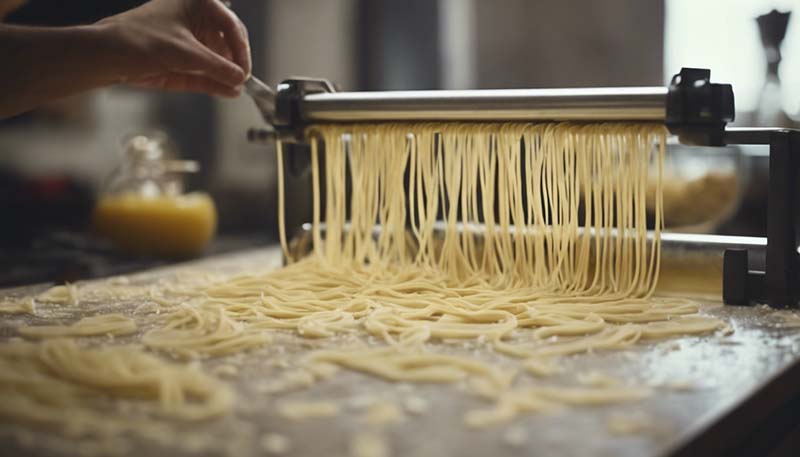
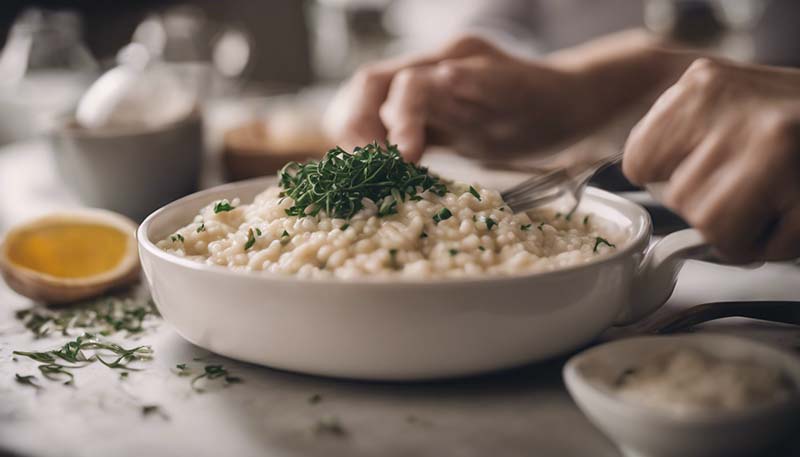
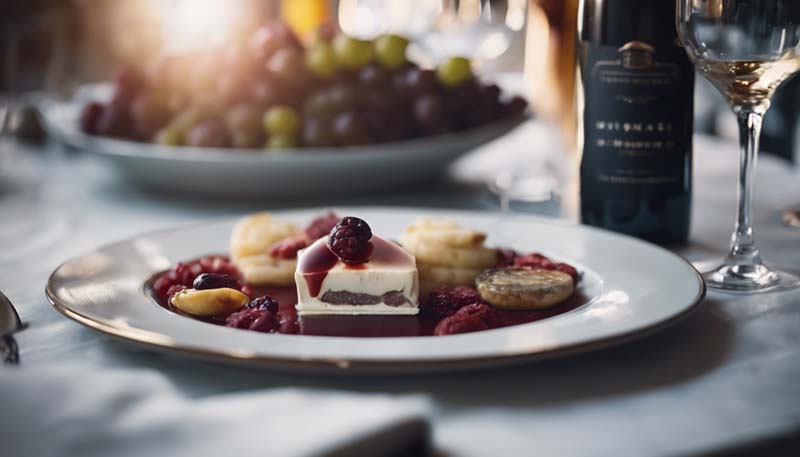
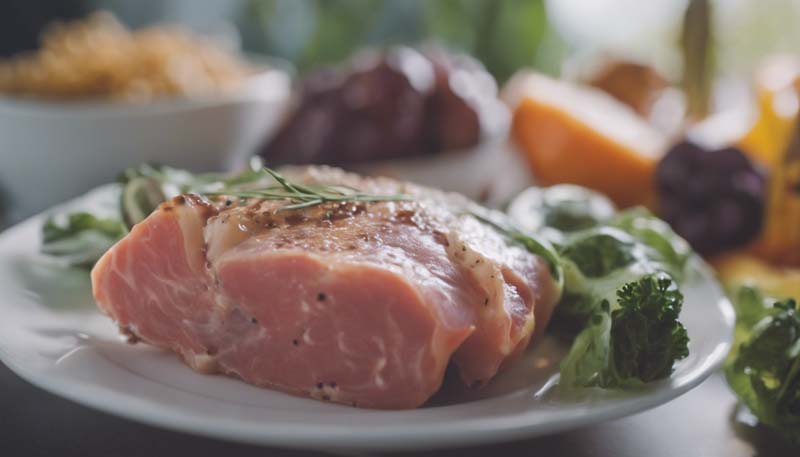

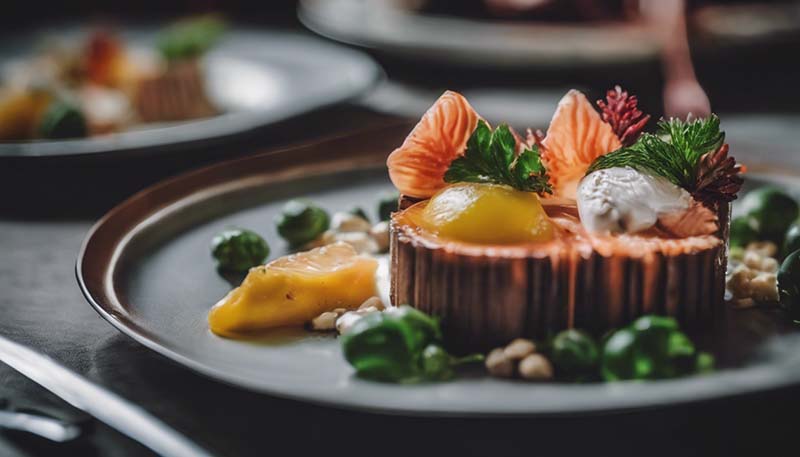
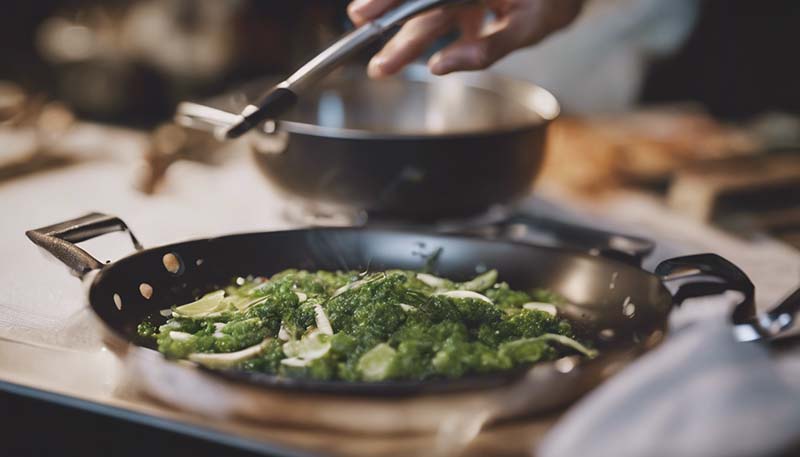


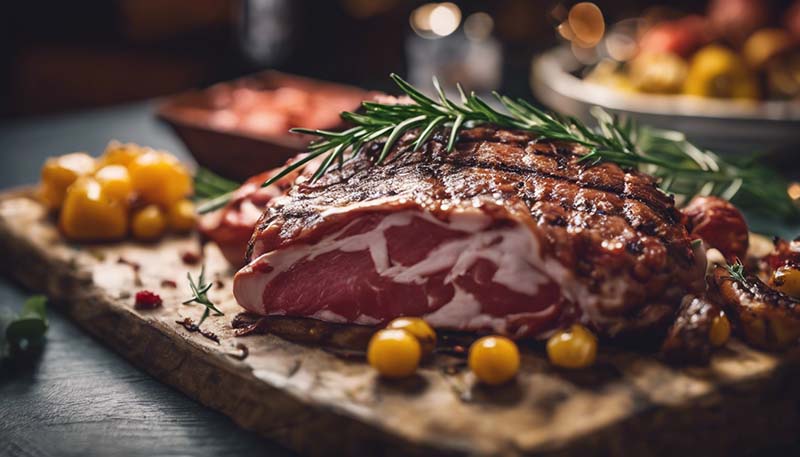
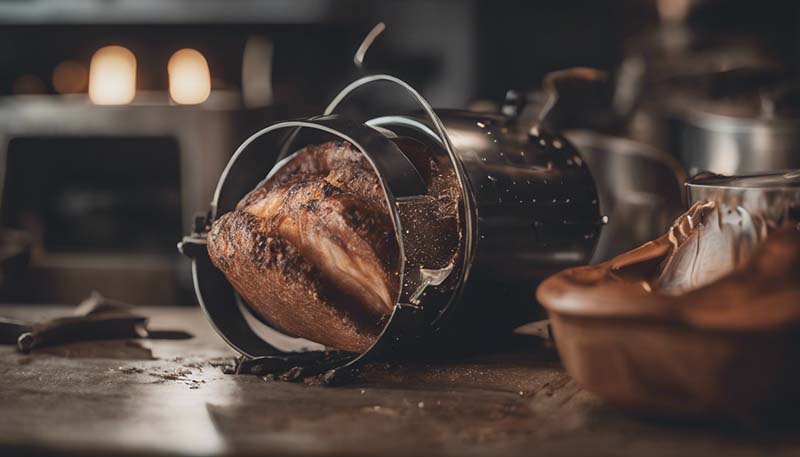
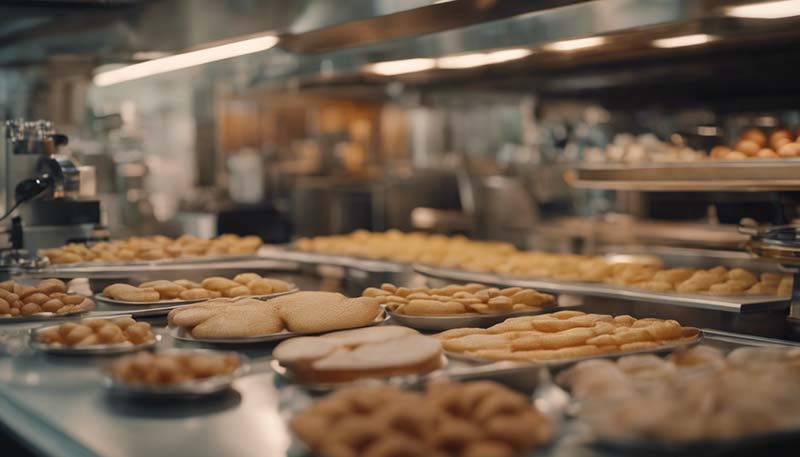

Leave a comment